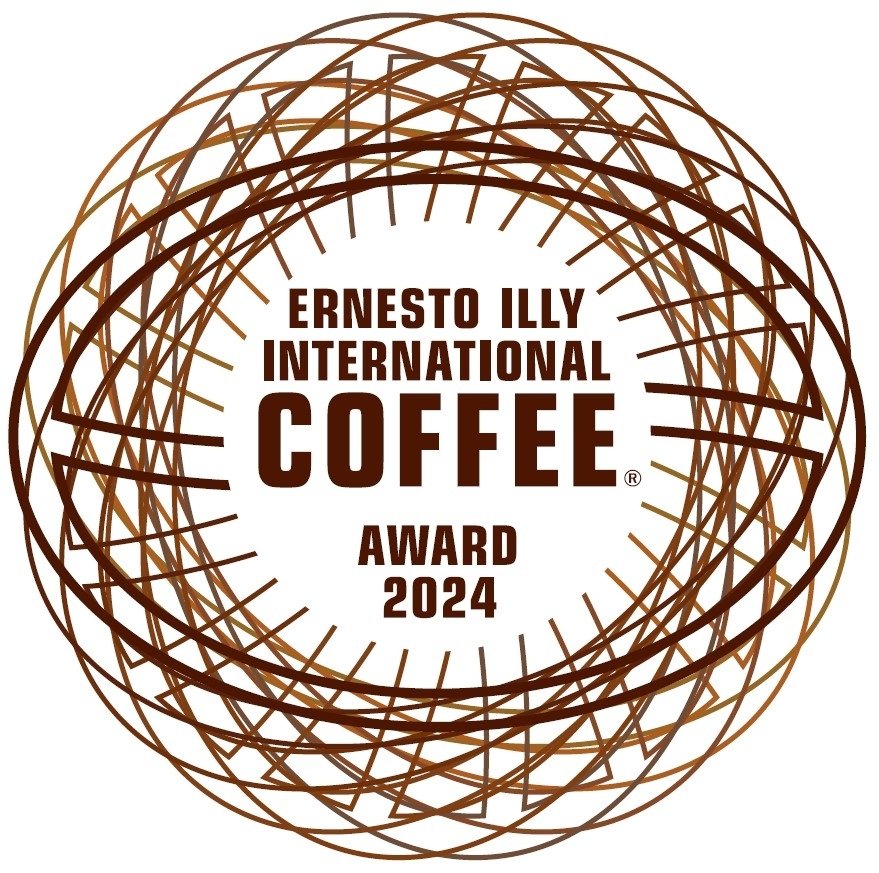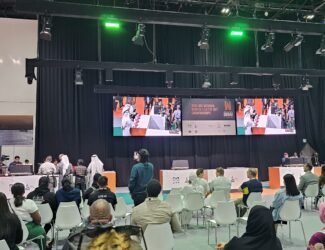
Ernesto Illy International Coffee Award 2024: Shaping the Future of Coffee at the United Nations
- Global Experts Rally in New York to Address Coffee’s Climate Crisis and Drive Investment in Regenerative Agriculture through Public-Private Partnerships
Amid rising climate challenges, the future of coffee faces profound risks, from droughts sweeping Brazil to intensifying storms in Vietnam. Over 12.5 million coffee growers worldwide, primarily smallholders, are on the frontline of these environmental shifts, bearing the brunt of coffee’s fragile relationship with a warming planet. The Ernesto Illy International Coffee Award 2024 gathered top industry leaders at the United Nations Headquarters to confront a pressing question: How can coffee’s future be secured amidst these socio-environmental threats?
The roundtable event, orchestrated by illycaffè under the banner of the Ernesto Illy International Coffee Award, was led by Clare Reichenbach, CEO of the James Beard Foundation. The distinguished panel included Andrea Illy, Chairman of illycaffè and co-Chair of the Regenerative Society Foundation; Massimo Bottura, celebrated chef and UN Goodwill Ambassador; Jamil Ahmad, Director of the UNEP New York Office; Andrea De Marco, Project Manager at UNIDO; Raina Lang, Senior Director of Sustainable Coffee at Conservation International; and Vanusia Nogueira, Executive Director of the International Coffee Organization.
A central theme emerged: the necessity of a regenerative approach in coffee cultivation, designed to boost resilience, support farmers, and reduce environmental impact. Key to this initiative is the establishment of a $10 billion public-private fund over the next decade, aimed at bolstering smallholder coffee farmers in climate-vulnerable tropical regions.
Andrea Illy emphasized the urgency, stating, “Since Expo 2015, we have tirelessly worked to build a protective framework for coffee. Regenerative agriculture has proven it can yield high-quality crops while replenishing our natural resources. To meet these challenges globally, we must act quickly to scale regenerative solutions. We know they work and deliver positive outcomes.”
Throughout the discussion, panelists stressed the importance of uniting stakeholders from governments, international organizations, and the private sector to drive impactful and lasting change in coffee-growing communities. Reichenbach underscored the role of consumer awareness in supporting the industry’s sustainability journey.
Chef Massimo Bottura, who also serves as UNEP Goodwill Ambassador, added his unique perspective: “Coffee is about emotion, heritage, and enjoyment. We must transform drinking coffee from a routine act into a conscious choice. This shift directly impacts the livelihoods of those cultivating it, laying the foundation for a sustainable future for coffee-growing communities.”
Vanusia Nogueira, Executive Director of the International Coffee Organization, highlighted the challenges facing coffee-producing communities. “Smallholder farmers are bearing the weight of climate change, endangering both their way of life and their cultural heritage. This fund is a critical step toward resilience and sustainable livelihoods. Through public-private partnerships and global commitment, we can empower these communities to adapt and thrive.”
Clare Reichenbach closed the roundtable with a call to action: “As leaders in food and sustainability, we are responsible for championing models that can secure vital systems like coffee. It was an honor to moderate this discussion and witness the dedication of thought-leaders in sustainability.”
The roundtable concluded with a resounding message to the coffee community, financial institutions, and consumers: substantial investment and cooperation are essential to cultivate scalable, sustainable agricultural practices. This envisioned fund aims to support coffee farmers in the transition to regenerative methods, paving the way for a resilient, economically viable, and climate-conscious future for the coffee industry.



